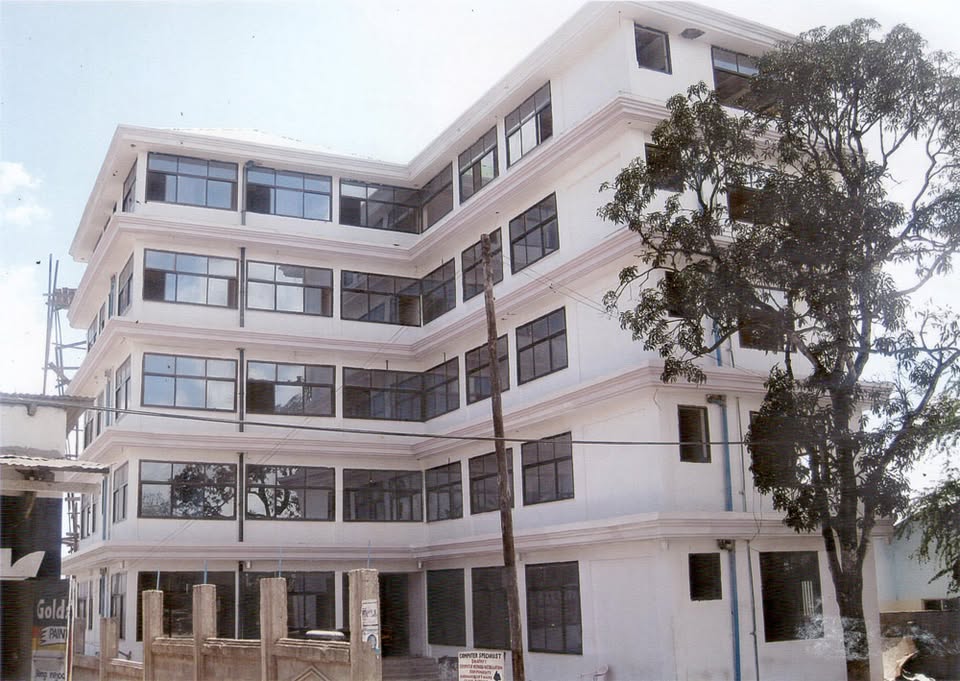
Tanzania’s higher education sector is making remarkable progress by prioritizing research excellence. Universities and colleges across the nation are embracing research-driven approaches to solve societal challenges, drive innovation, and contribute to global knowledge.
This shift is transforming the academic landscape and positioning Tanzania as a hub for groundbreaking research in Africa.
The Importance of Research in Higher Education
Research is the cornerstone of higher education, fostering critical thinking, innovation, and problem-solving. For Tanzania, a strong research culture in higher learning institutions is essential for:
- Economic Growth: Research leads to technological advancements, which boost industries and create jobs.
- Social Development: Research addresses pressing issues such as healthcare, education, and environmental conservation.
- Global Competitiveness: High-quality research enhances Tanzania’s reputation on the global academic stage.
Key Initiatives Driving Research Excellence in Tanzania
Tanzania’s commitment to research excellence is evident through various initiatives and investments:
1. Government Support
The government, through the Ministry of Education, Science, and Technology, has increased funding for research projects in public and private universities. Key programs include:
- National Research Agenda: A framework guiding research priorities in areas such as agriculture, health, and renewable energy.
- Research Grants: Financial support for innovative projects addressing national development goals.
2. Collaboration with International Institutions
Tanzanian universities are partnering with global institutions to enhance research capacity. These collaborations provide access to advanced technology, funding, and mentorship.
- Example: The Nelson Mandela African Institution of Science and Technology (NM-AIST) collaborates with international research centers to advance scientific innovation.
3. Centers of Excellence
The establishment of specialized research centers within universities fosters innovation in specific fields.
- Example: The University of Dar es Salaam’s Center for Climate Change Studies focuses on climate resilience and sustainability.
4. Capacity Building
Training programs for faculty and students aim to improve research skills and methodologies.
- Workshops and Seminars: Regular events keep researchers updated on global trends and best practices.
5. Digital Transformation
Universities are adopting digital tools to facilitate research, data collection, and analysis.
- Example: The use of artificial intelligence in agricultural research to improve crop yields.
Research Achievements in Tanzanian Institutions
Tanzania’s higher learning institutions are making significant contributions to various fields:
- Healthcare: Research on malaria and HIV/AIDS has led to innovative treatment methods.
- Agriculture: Studies on drought-resistant crops are boosting food security.
- Energy: Research on renewable energy sources is advancing Tanzania’s green energy agenda.
- Technology: Innovations in mobile technology are enhancing communication and access to services.
Challenges to Research Excellence
Despite progress, several challenges hinder research development in Tanzania:
- Limited Funding: Many institutions rely on external donors, which can be unpredictable.
- Inadequate Infrastructure: A lack of modern laboratories and equipment affects research quality.
- Brain Drain: Skilled researchers often seek opportunities abroad, reducing local expertise.
- Policy Gaps: Bureaucratic hurdles can slow down research approvals and implementation.
The Way Forward
To sustain and enhance research excellence, Tanzania must address these challenges through:
- Increased Investment: Both the government and private sectors should allocate more funds for research infrastructure and projects.
- Policy Reforms: Simplifying processes for research approvals and funding allocation will encourage innovation.
- Retention Strategies: Offering competitive salaries and incentives can reduce brain drain.
- Public-private partnerships: collaboration between academia and industry can drive applied research and commercialization.
Conclusion
Tanzania’s higher learning institutions are on a transformative journey, with research excellence at the core of their mission. By addressing societal challenges, fostering innovation, and contributing to global knowledge, these institutions are shaping a brighter future for the nation.
With continued investment and strategic planning, Tanzania is poised to become a leader in research and innovation, not just in Africa but on the global stage.
The focus on research excellence is not just an academic endeavor—it is a national priority that will drive sustainable development for generations to come.
Related articles
- Discover Tanzania University Semester Two Exam Timetable Today
- 10 Proven Strategies to Ace Your Semester One Exams in Tanzania
- The Ultimate Guide to Scoring High in Semester One Exams at Tanzanian Universities
- Semester One Exam Schedule for Tanzanian Universities: Key Dates and Updates
- UDSM Announces Research Scholarships for Climate-Smart Agriculture
- Ministry of Education Denies Changes to Kenya’s University Entry Requirements
- Prof. Carolyne Nombo Opens Key Stakeholders Meeting on Teacher Education
- UDSM-Sida Re-advertises PhD Sponsorship in Marine Sciences
- How Companies in Tanzania Empower Education Through Scholarship Sponsorships

